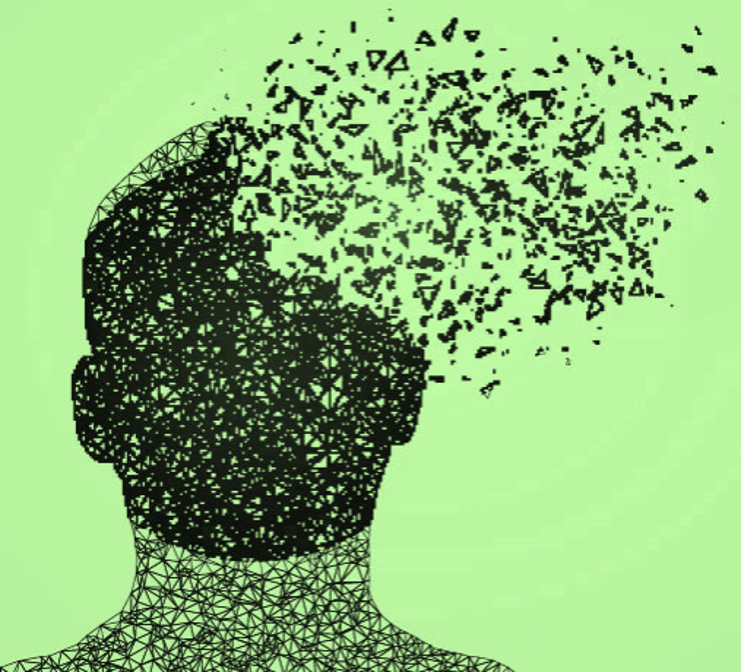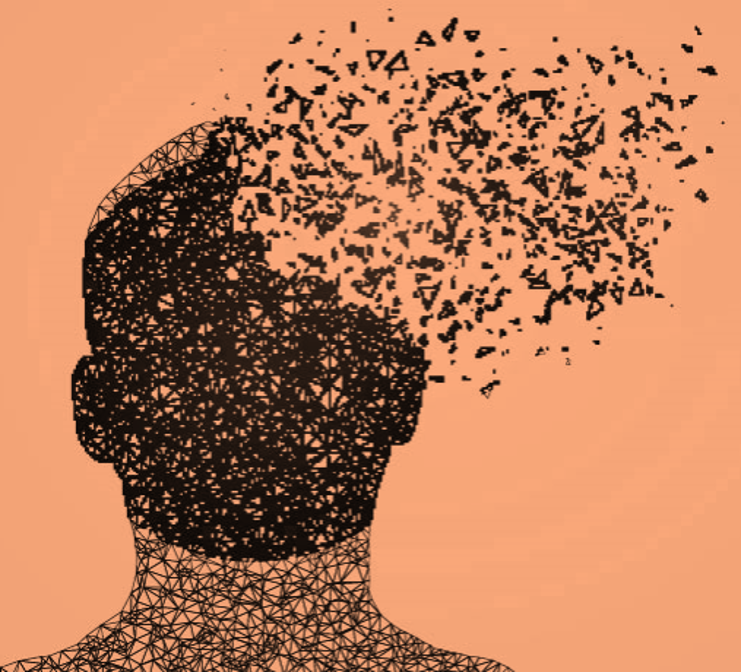Alzheimer’s disease
You are not alone. Alzheimer's Disease Foundation Malaysia supports persons with dementia, of all ages, their families, friends and caregivers.

Alzheimer’s disease is the most common cause of dementia. The term dementia describes a group of symptoms that include memory loss, difficulties with thinking, problem-solving, or language. These symptoms occur when the brain is affected by certain diseases, including Alzheimer’s.
Alzheimer’s disease, named after the doctor who first described it, Alois Alzheimer, is a physical disease affecting the brain.
As the disease progresses, proteins build up in the brain to form structures called plaques and tangles. This results in the loss of connections between nerve cells, leading to their death and loss of brain tissue.
People with Alzheimer’s also experience a shortage of some important chemicals in the brain, which are essential for transmitting signals. When these chemical messengers are in short supply, the signals are not transmitted as effectively.
Current treatments for Alzheimer’s disease can help increase the levels of these chemical messengers in the brain, which can aid in managing some symptoms. Alzheimer’s is a progressive disease, meaning that over time, more parts of the brain become damaged, leading to more severe symptoms.





In the early stage of Alzheimer's, a person may function independently. They may still drive, work, and participate in social activities. However, they may feel as if they are experiencing memory lapses, such as forgetting familiar words or the location of everyday objects.
Friends, family, or others close to the individual begin to notice difficulties. During a detailed medical interview, doctors may detect problems in memory or concentration. Common difficulties include:
Source: Alzheimer's Association

In the final stage of this disease, dementia symptoms are severe. Individuals lose the ability to respond to their environment, carry on a conversation, and eventually, control movement. They may still say words or phrases, but communicating pain becomes difficult. As memory and cognitive skills continue to worsen, significant personality changes may take place, and individuals need extensive help with daily activities.
At this stage, individuals may:
Source: Alzheimer's Association